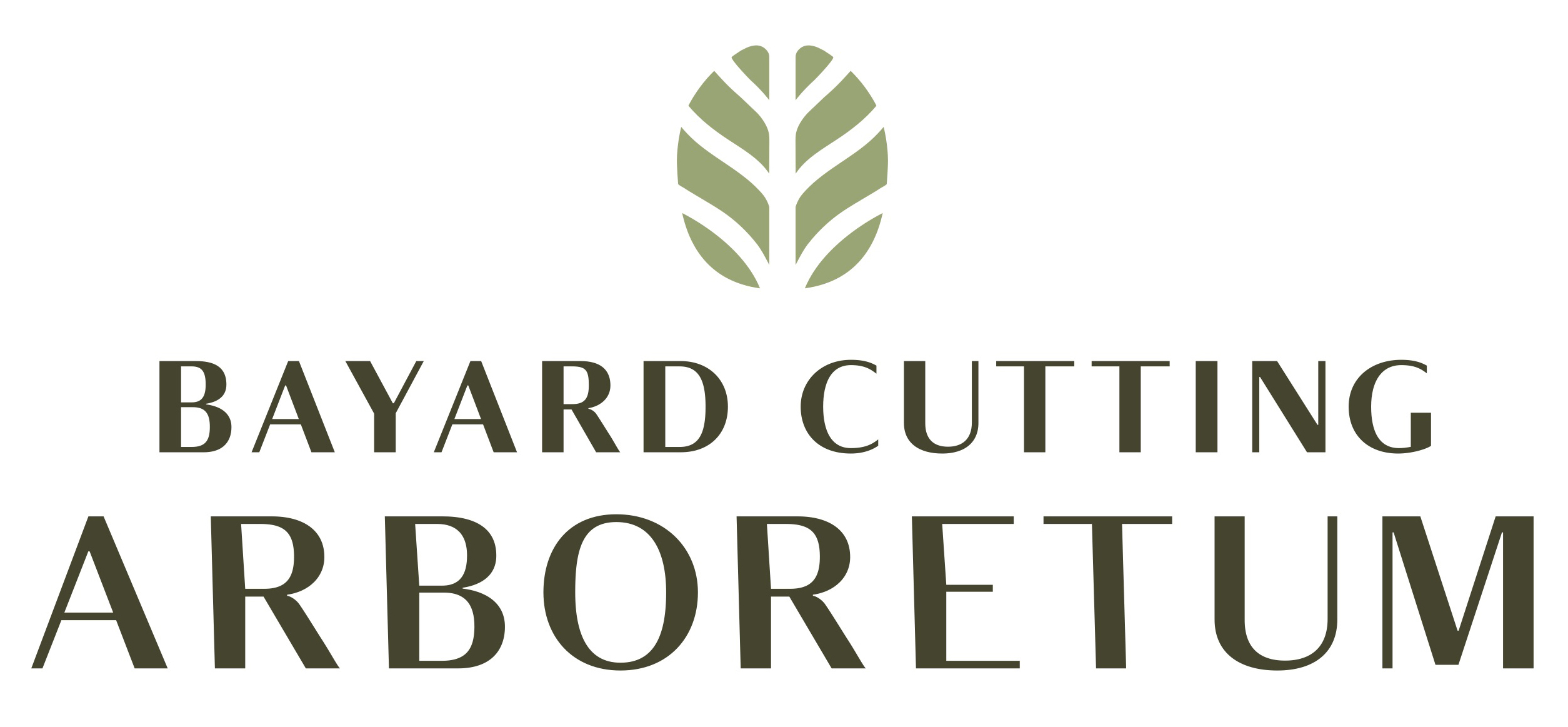
Why choose organic?
(-adapted from Organic Gardening for the21st Century, by John Fedor)
________________
Healthy soils. Healthy water. Healthy ecosystems. Healthy animals. Healthy people.
There are many reasons to choose organic. Organic farms do not use synthetic chemical fertilizers, herbicides, or pesticides. Instead, organic farms rely on natural systems—such as composting, crop rotation and beneficial insects, that create healthy soils, rich in nutrients and alive with micro organisms. Toxic runoff which can contaminate our water supply is avoided.
Much of our food travels long distances and is less beneficial for our health, community, and environment than food produced locally. Food starts to lose nutritional value and flavor after picking. The more it travels and the longer it spends between field and plate, the less nutritious and tasty it becomes.
Purchasing organic food and farm products from regionally-based farms strengthens the local economy and preserves open spaces by allowing farms to continue to be financially viable so that farmland can remain within our communities.
The act of transporting food and farm products over long distances requires lots of packaging and contributes to global warming. If we make a commitment to buying organic food and farm products produced locally, we are improving our diet, strengthening our communities, and safeguarding our planet.
Why support a sustainable food and farm system?
________________
A sustainable food and farm system is one that promotes the stewardship of land and the lives that inhabit it. This stewardship encompasses the long term viability of our natural resource base, the health of consumers, the working conditions of farmers, the needs of communities, and the welfare of farm animals. When you support a sustainable food and farm system, you are supporting a system that is socially just, humane, community-minded, ecologically sound, and healthy for people.
The essence of all organic techniques is to work with nature, not against it. Organic gardening is a sustainable activity: the gardener feeds the soil, the soil feeds the plants, and the plants feed the gardener.
What is CSA?
________________
Community Supported Agriculture (CSA) is made up of members who share in the costs and responsibilities of running a farm and who receive in return a share in the harvest.
What are the benefits of joining a CSA?
________________
Obtaining Healthy Food: When you belong to a CSA, you are getting fresh, nutritious food that has often been harvested the same day.
Deepening Your Understanding of Food Production: Through your involvement in a CSA, you will gain a deeper appreciation of what is involved in producing the food you eat.
Strengthening Your Local Economy: CSAs keep money within the community by supporting local farmers and preserving the land where they work.
Expanding Your Community: When you join a CSA, you form a relationship with the farmer and the group of people who share your values and ideals when it comes to food.
Reducing Your Impact on the Earth: The act of transporting food over long distances contributes to global warming. When you join a CSA, you are reducing your negative impact on the earth.
What are the risks and rewards of joining a CSA?
________________
In order to have a truly sustainable food system, both farmers and consumers take a “shared risk” in food production. Crop yield is dependent on weather conditions, bugs, diseases and many other variables. CSA members make a commitment to support their farmer even though some harvests may be more or less than planned.
What do Members receive?
________________
The Farm will provide nearly thirty varieties of organically grown vegetables, flowers and herbs that will be harvested weekly from May to November. Depending on weather conditions, the harvest of each vegetable may be more or less than planned.
What is expected of Members?
________________
Members are asked to make a financial commitment to the farm prior to the start of the season. Additionally, members are asked to provide time for the benefit of the Farm throughout the growing season. Help is needed in such areas as planting, harvesting, vegetable distribution, community and education outreach.
How much does it cost to become a member at the Bayard Cutting CSA?
________________
The cost of membership in 2014: $725 for a full share.
